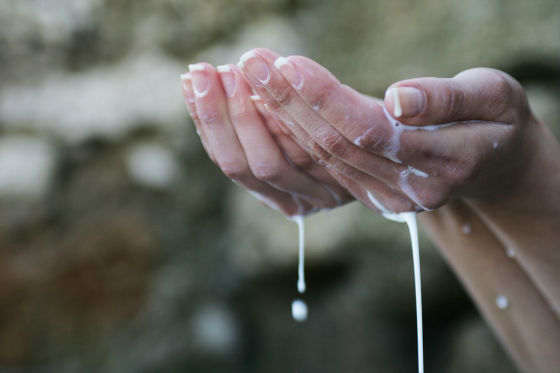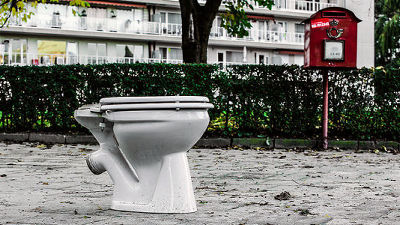Experts point out that the theory that 'drinking milk' makes 'tan' 'is a lie

by EyupPors 38
The idea that "When milk is drunk, mucus is more likely to be generated in the body" has existed since the 12th century , and even in modern times, people thinking that when you have a cold or respiratory disease you should avoid milk and dairy products There are many. However, experts point out that there is no evidence for such a way of thinking, but also that possibly leading to health problems by keeping milk, one of the important nutrition sources for children, away.
Drinking milk when you're sick does not create more phlegm - Scimex
https://www.scimex.org/newsfeed/mythbusting-milk-boosts-phlegm-production
Milk, mucus and myths | Archives of Disease in Childhood
https://adc.bmj.com/content/early/2018/08/03/archdischild-2018-314896
It's a Myth That Drinking Milk Makes You Produce More Phlegm, Expert Claims
https://www.sciencealert.com/experts-bust-myth-that-drinking-milk-produces-more-phlegm-mucus
Ian Balfour, an expert on childhood respiratory medicine at Royal Hospital in Brompton, England, checked an enormous number of papers published since 1948 and concluded that there is no evidence of the relationship between milk and mucus It was.
The idea of "milk creates birth" spread through what was proposed by Mr. Moshe Ben-Mimone who was a philosopher active in the 12th century and was also familiar with medicine, astronomy, and theology. After that, he said that Mr. Benjamin Spock , a pediatrician doctor, became explicitly believed by supporting this idea. In 2003 research , about half of milk drinkers in Australia thought that "cow's milk produces mucus," some people think that "milk causes asthma".

by Engin_Akyurt
However, Balfour says that there is little scientific evidence of the claim that "cow's milk produces mucus," and that there are even no evidence in any of the studies published in the past.
One hypothesis that "milk creates mucus" is that a protein called "β-casomorphin 7" contained in a specific milk promotes excessive production of mucus. However, Balfour pointed out that β-casomorphin 7 produces mucus in the intestine. People with weakened intestines due to infection may have symptoms of mucus accumulation in the respiratory system, but it is rare for mucus to move from the intestines to the respiratory organs.
Mr. Balfour has the impression that many people "mucus was produced" because both saliva and milk are coating in the mouth and the ingredients of milk remain in the mouth even if milk is swallowed I think that it is not. What is left in the mouth after drinking milk is not mucus produced, it is a component of milk.

by Alexandr 33
Milk, rich in energy, calcium and vitamins, is one of the important nutrients for children. In previous studies it has been reported that children who do not drink enough milk have low bone density and many fractures before adolescence. Mr. Balfour revealed the idea that "children should not avoid milk based on ideas that have not been adequately scientifically proved."
Related Posts:







